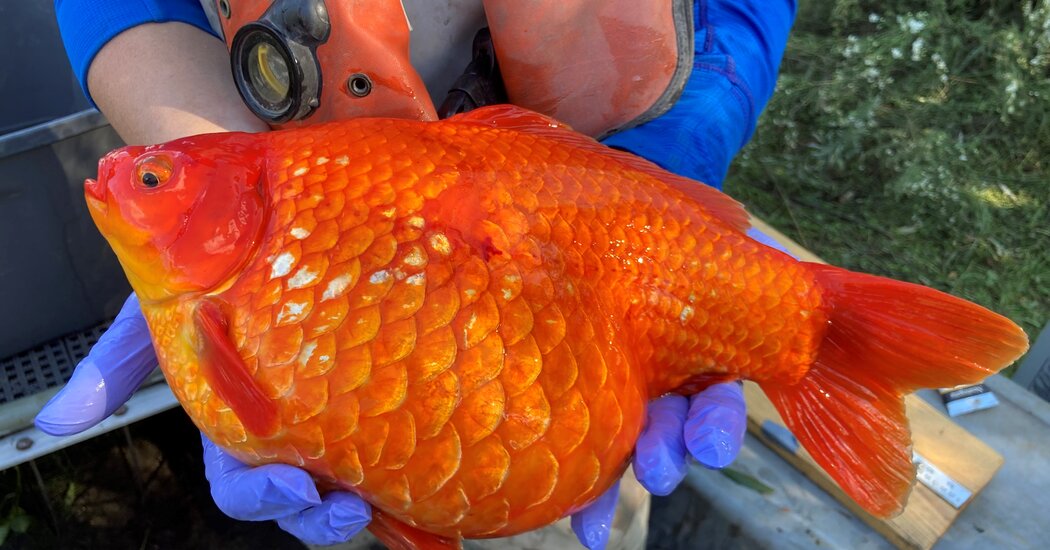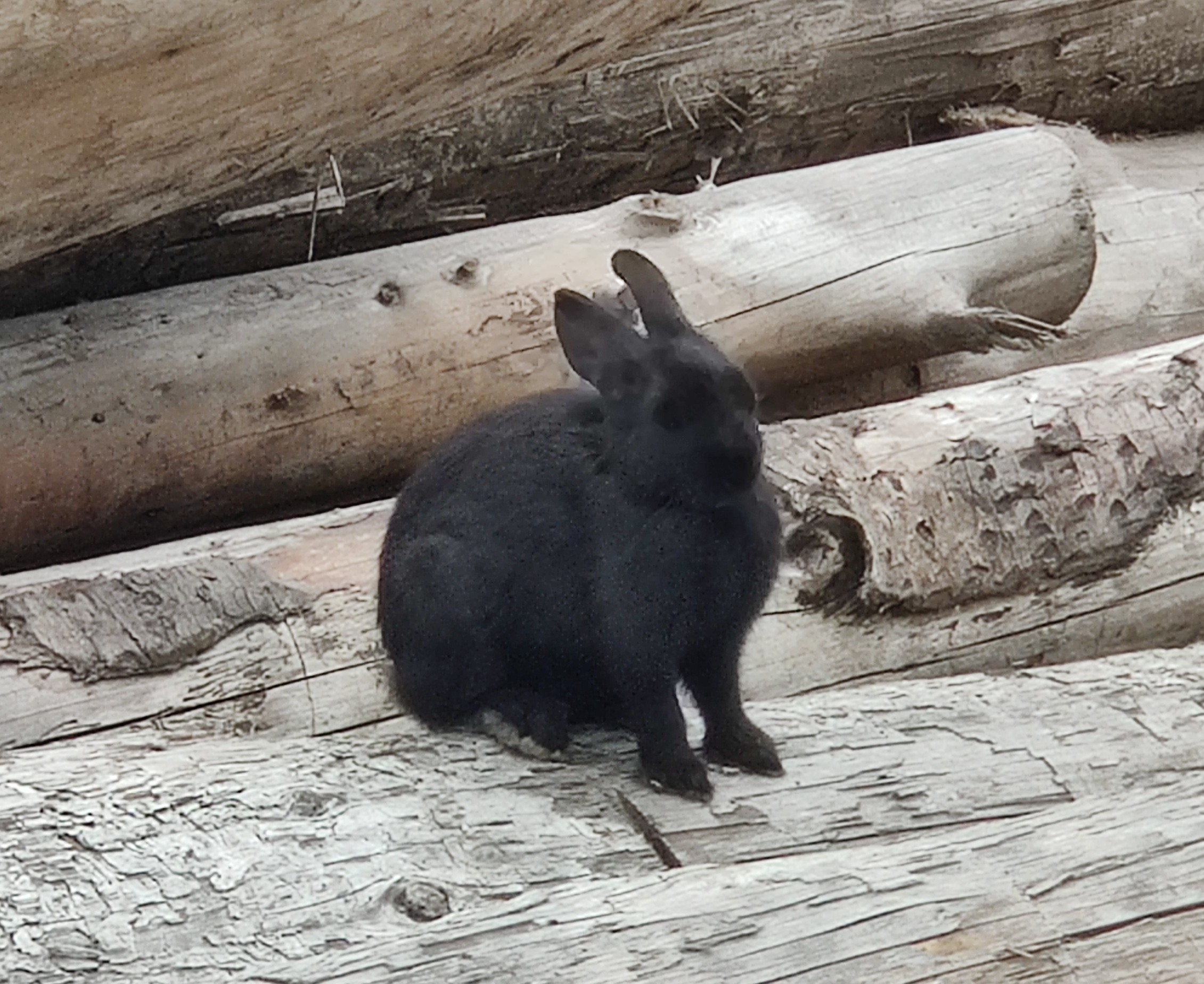- cross-posted to:
- [email protected]
- cross-posted to:
- [email protected]
Their football-shaped bodies can swell to a size that makes them too large a meal for predators — up to about 16 inches long.
We really do make everything fat, don’t we?
I knew it… Finding Nemo was a horror story
When I was a kid my parents read me a picture book about a goldfish that was fed too many flakes and grew to the size of a house. Scared the hell outta me!
I’m sure the invasive Lampreys will have fun with them
They seem to be doing ok
Thank you for reminding me I’m never swimming in fresh water again.
Anyone happen to know what a goldfish tastes like?
Yeah they’re like a cheesy cracker
Probably like the other carp species.
Depending on the great lake it came from, you’ll probably get heavy metal poisoning. Goldfish are edible and supposedly not bad- they are eaten in many countries including Japan.
This is the best summary I could come up with:
Inside a fishbowl, the goldfish — a species of carp native to East Asia, bred for aesthetic delight and traditionally believed to bring good fortune — is hardly more than home décor.
But released into the wild, the seemingly humble goldfish, freed from glass boundaries and no longer limited to meager meals of flakes, can grow to monstrous proportions.
Over the past several years, Ms. Boston and her colleagues have been tracking invasive goldfish in Hamilton Harbour, which is on the western tip of Lake Ontario, about 35 miles southwest of Toronto.
Goldfish can tolerate a wide range of water temperatures, reach sexual maturation quickly, and can eat nearly anything, including algae, aquatic plants, eggs and invertebrates, Ms. Boston said.
They help spawn harmful algal blooms by consuming the algae and expelling nutrients that promote its growth, Ms. Boston said, creating conditions that are intolerable to native fish.
Nicholas Mandrak, a professor of biological sciences at the University of Toronto Scarborough, said that while goldfish were introduced to North America in the late 1800s, the wild population had begun to “dramatically increase” in the past two decades.
The original article contains 832 words, the summary contains 187 words. Saved 78%. I’m a bot and I’m open source!
Good use of AI + drones. Identification and eradication of invasive species. Sounds dystopian when I type it out, especially once AI identifies humans as invasive.
Militaries already have drones for human eradication. They’re typically described as “loitering munitions”





